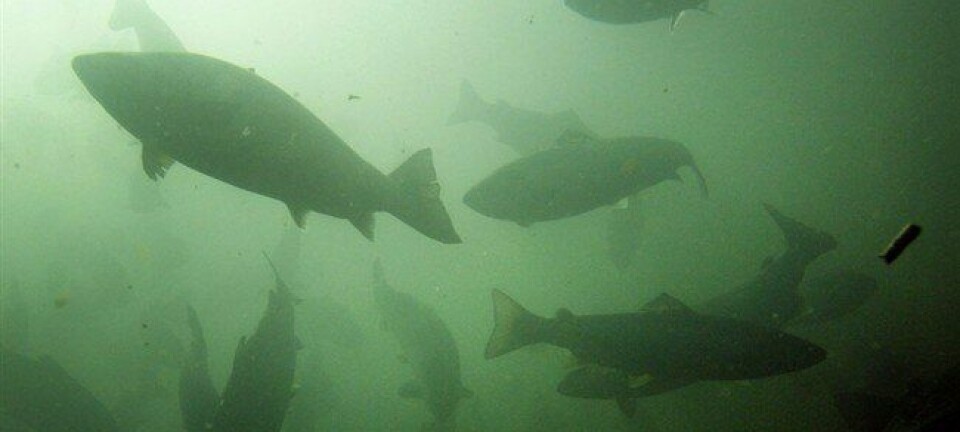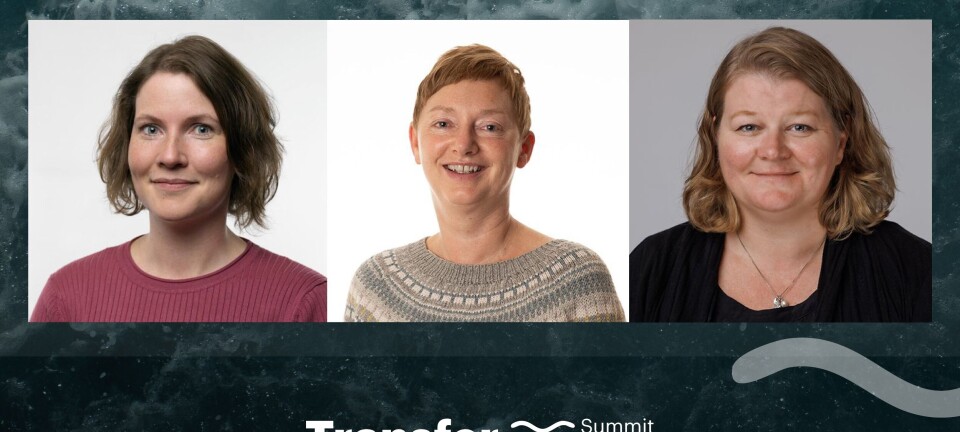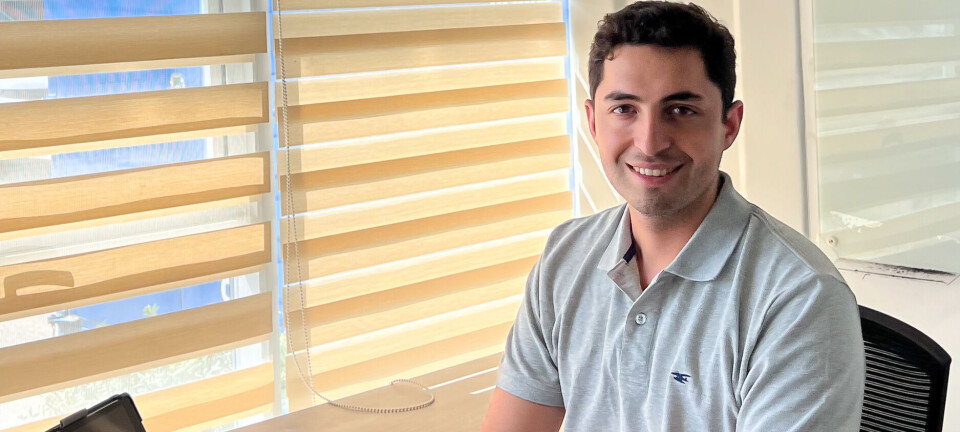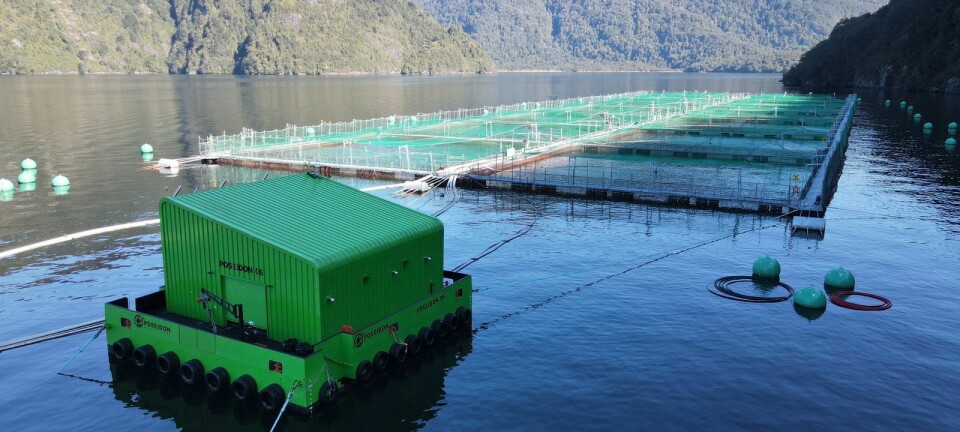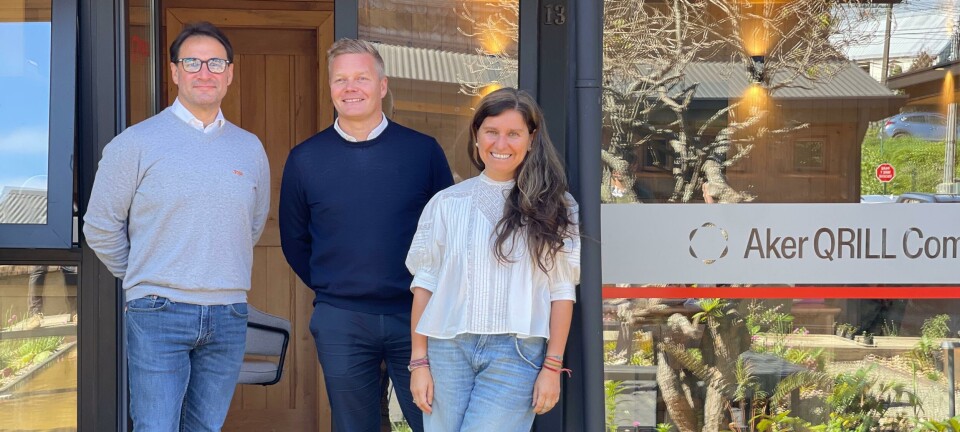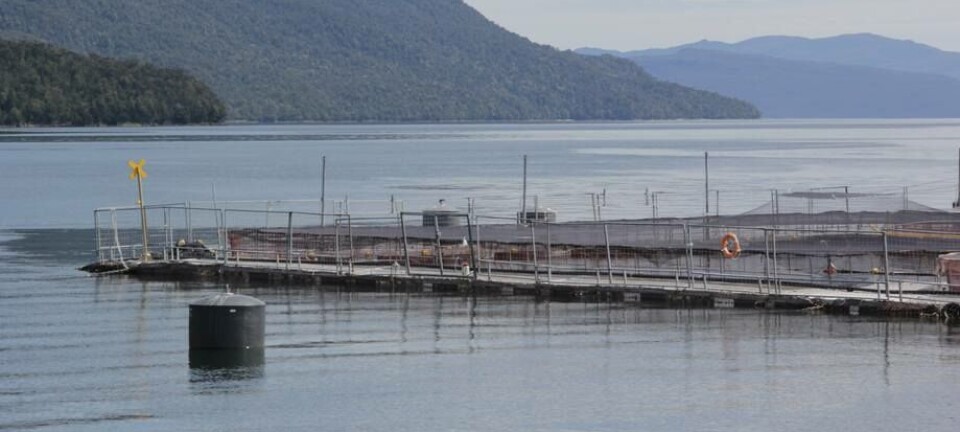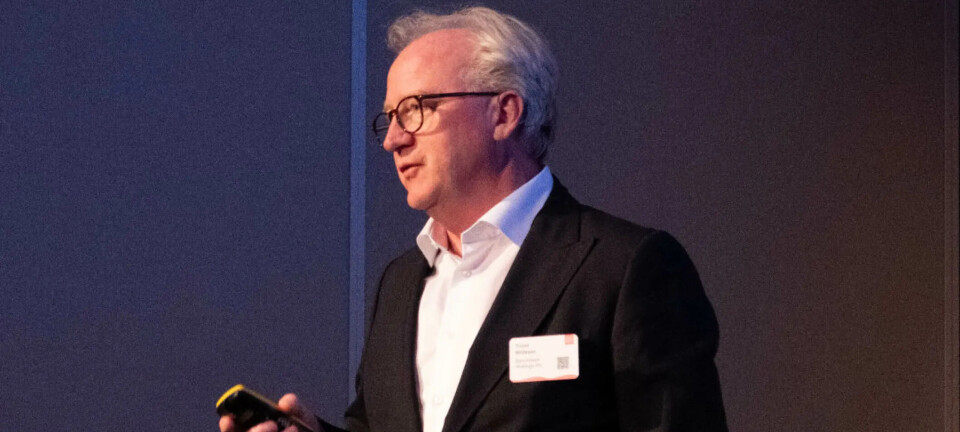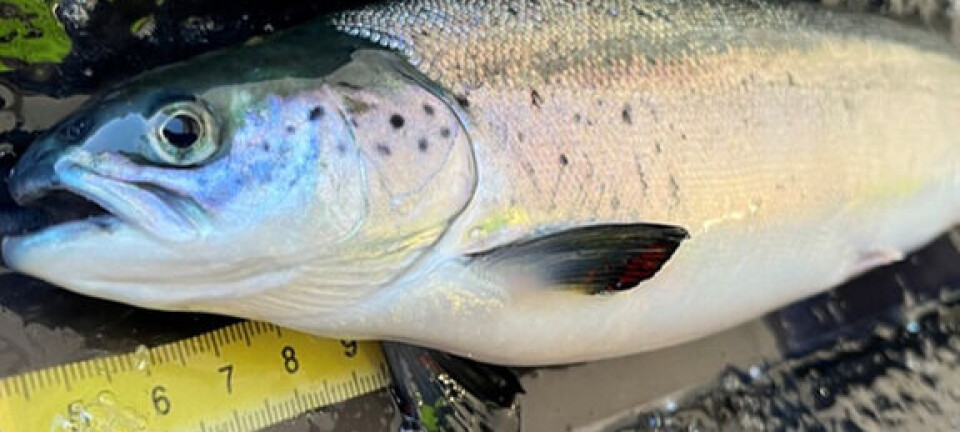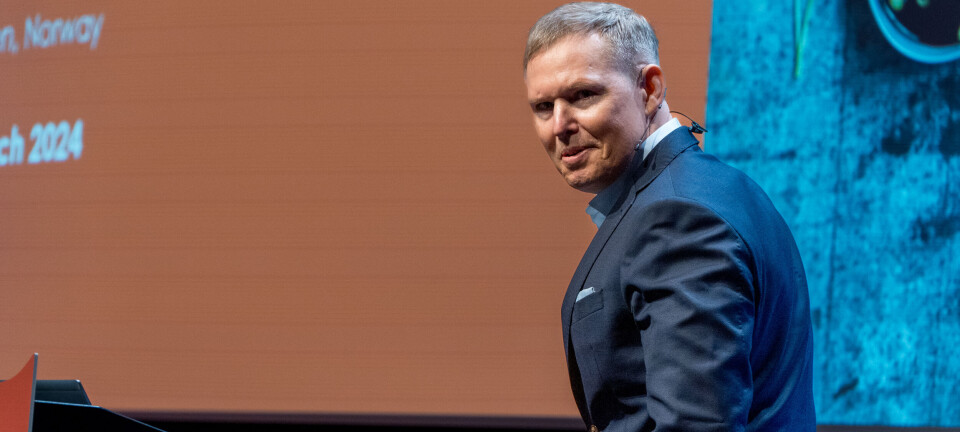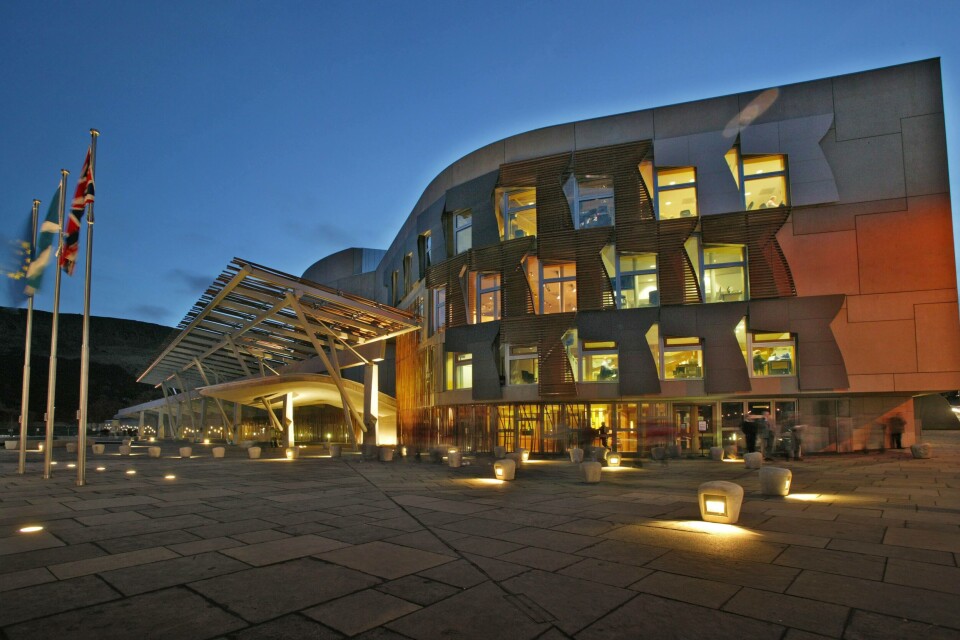
Angling interests give evidence to inquiry
MSPs will today hear evidence from representatives of Scotland’s salmon and trout fishing bodies as part of an inquiry into salmon farming in Scotland.
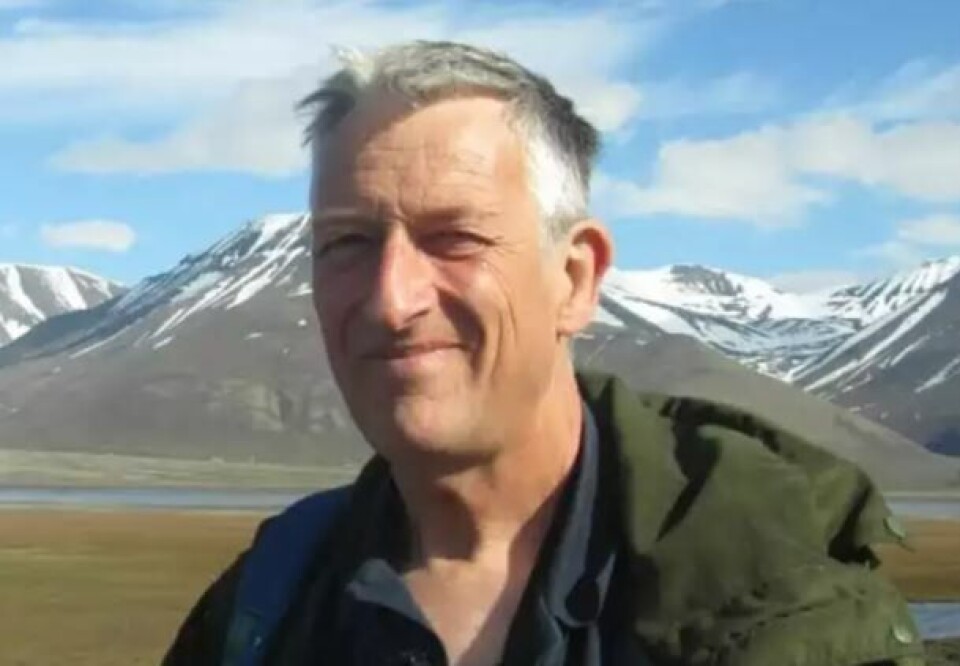
The Rural Economy and Connectivity (REC) Committee is scheduled to hear from Jon Gibb, clerk of Lochaber District Salmon Fishery Board, Dr Alan Wells, chief executive of Fisheries Management Scotland, and solicitor Guy Linley-Adams, representing Salmon and Trout Conservation Scotland (S&TCS).
Dr Richard Luxmoore, senior nature conservation adviser at the National Trust for Scotland, will also give evidence on behalf of Scottish Environment LINK.
It was pressure from the S&TCS that prompted the REC Committee inquiry, and the organisation has long criticised the salmon farming industry, blaming it for a decline in stocks of wild salmon and trout.
In a statement on its website, S&TCS says the number of salmon surviving their ocean migrations is down from 20% or more 50 years ago to 5% or less, adding: “Most of the factors driving this decline are impossible to address, so it is all the more important that we tackle those issues affecting salmon abundance in which human intervention can play a part.
“Probably the biggest issue for our wild salmon and sea trout stocks – within our control – is industrial-scale salmon farming. Today’s highly industrialised fish farms impact on wild stocks in the west Highlands and Islands and can affect wild fish numbers in areas far removed from the farms themselves.”
The S&TCS also says it believes “that a future is possible where Scottish salmon farming and wild fish can both thrive. In the medium term this can only be achieved by moving farming into closed tank systems.”
Last year Luxmoore described the disposal of fish farm mortalities as “stomach churning” and a waste of good food. “It is the sign of an environmental catastrophe,” he told The Herald newspaper.
“The salmon farming industry has lost the ability to control fish diseases and this results in escalating quantities of toxic chemicals being poured into the sea in an increasingly fruitless attempt to control them. It also inevitably leads to the release of an infectious soup of disease organisms into our coastal waters.”
Like S&TCS, he wants the industry to shift to a closed containment system.
Today’s evidence session at the Scottish Parliament begins at 10am and can be viewed live on Scottish Parliament TV.
